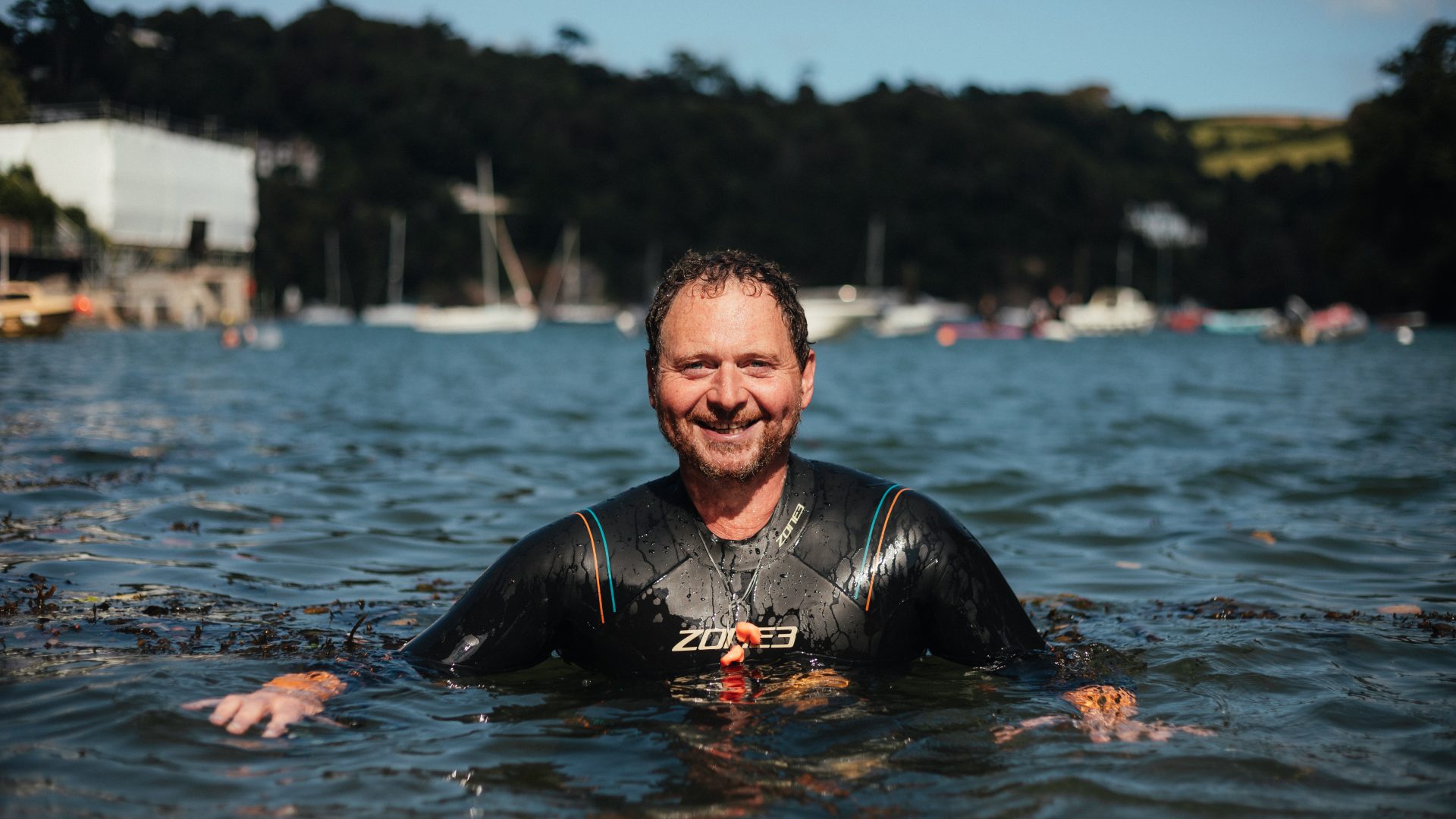
Government Consultation: shape the future of your wild waters
The government is overhauling the outdated Bathing Water Regulations. And it’s long overdue. Here's how you can have your say.
The government is overhauling the outdated Bathing Water Regulations. And it’s long overdue. The legislation that should protect our much-loved waters, introduced over 30 years ago, is no longer fit for purpose. While it’s driven big improvements in coastal water quality, our inland spots have been neglected.
In November the government announced a consultation to reform the Bathing Water Regulations. The government are consulting on three proposed core changes to the regulations, and two wider ones. None are ambitious enough – nor are they all positive. We need to demand better. Now is your chance to have your say.
This consultation is an incredible opportunity to demand more: more monitoring, more accountability, and more protection for anyone who loves their rivers, lakes, and beaches.
Why the current rules fall short
The Bathing Water Regulations may have driven improvements in the past, but today they leave too much undone. Here’s just a few of their shortfalls:
- Testing only happens in the 20-week summer ‘bathing season’, when pollution events are fewer. That’s not enough data to provide an accurate assessment. It’s misleading. And it leaves water users without crucial information during the rest of the year, even when pollution risks are higher.
- The legislation only focuses on swimmers, sidelining surfers, paddleboarders, kayakers, and anyone else who enjoys the water differently.
- If a designated site is deemed to have ‘Poor’ water quality for five consecutive years, it loses its designated status and is no longer monitored. Five years simply isn’t enough time for actual improvement.
These gaps – and the rest – mean we don’t fully understand the risks people face when they’re in the water. The current regulations don’t reflect how we love and use our waterways.
What’s changing—and why it matters
The government is proposing a series of changes:
- Introduce a water quality assessment as part of the designation process. This worrying proposal means a site could fail to be designated if it’s believed that improving pollution would be too costly. Every site and the people who use it deserves protection, regardless of the cost. This change could weaken an already flawed system, and it’s vital to push back.
- Scrap automatic de-designation: Right now, sites automatically lose designated status after five years of ‘poor’ water quality classification. Ending this would keep polluters accountable and ensure long-term improvements are possible.
- Give regulators power to choose the testing period: Water users don’t stop when September rolls around, and neither should testing. The government have proposed removing the fixed bathing season – but they should just be extending it.
- Potentially expand who counts as a water user: Surfers, paddlers, kayakers, and other recreational users need to be included, so the risks they face aren’t ignored.
- More testing points: Pollution varies across a site. Adding multiple monitoring locations could give us a much clearer understanding of water quality.
How you can make a difference
The consultation is open until December 23rd, and your voice can drive real change. Here’s how to get involved:
- Read our guidance: We’ve broken down the proposals and provided suggested answers to help you respond confidently.
- Share your story: Why does your local spot matter? How have you experienced pollution or been sick after using the water? Personal examples can make a big impact.
- Focus on what matters most: Your response can be as long as short as you like. Don’t worry about writing an essay and feel free to just bullet point your key messages.
- Respond before the deadline: Submit your response by December 23, 2024 to make your voice heard.
- Share this with a friend: Our power is in our numbers. The more people that respond, the more the government have to listen to us. If you share this with just one or two people, we can have double the impact.
Act now. Have your say.
The current regulations aren’t working. They leave too many waterways unmonitored, too many risks unaddressed, and too many water users ignored. This is our chance to demand better—for ourselves, our communities, and our wild waters.
Let’s push for real change. Have Your Say Now
